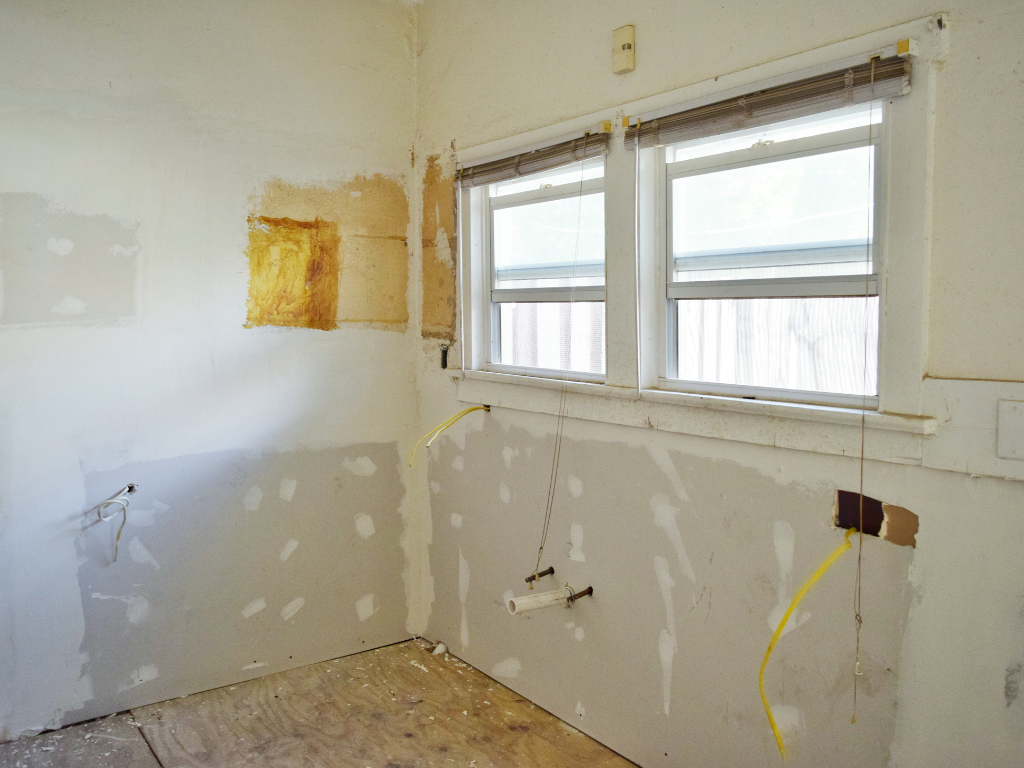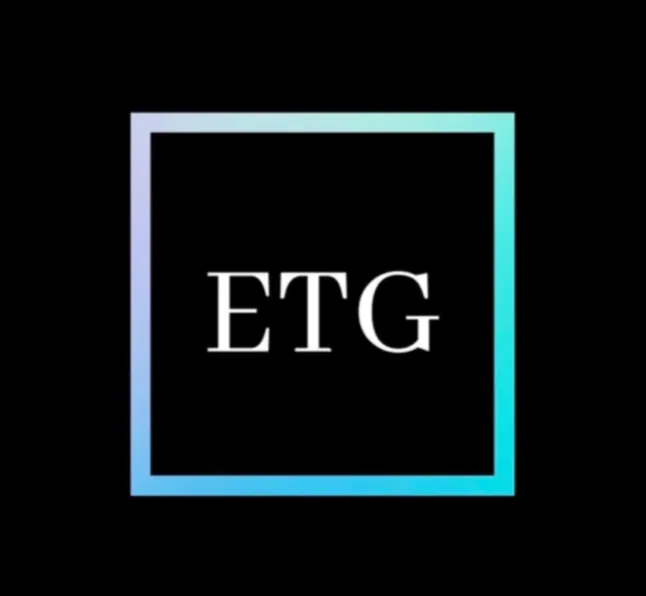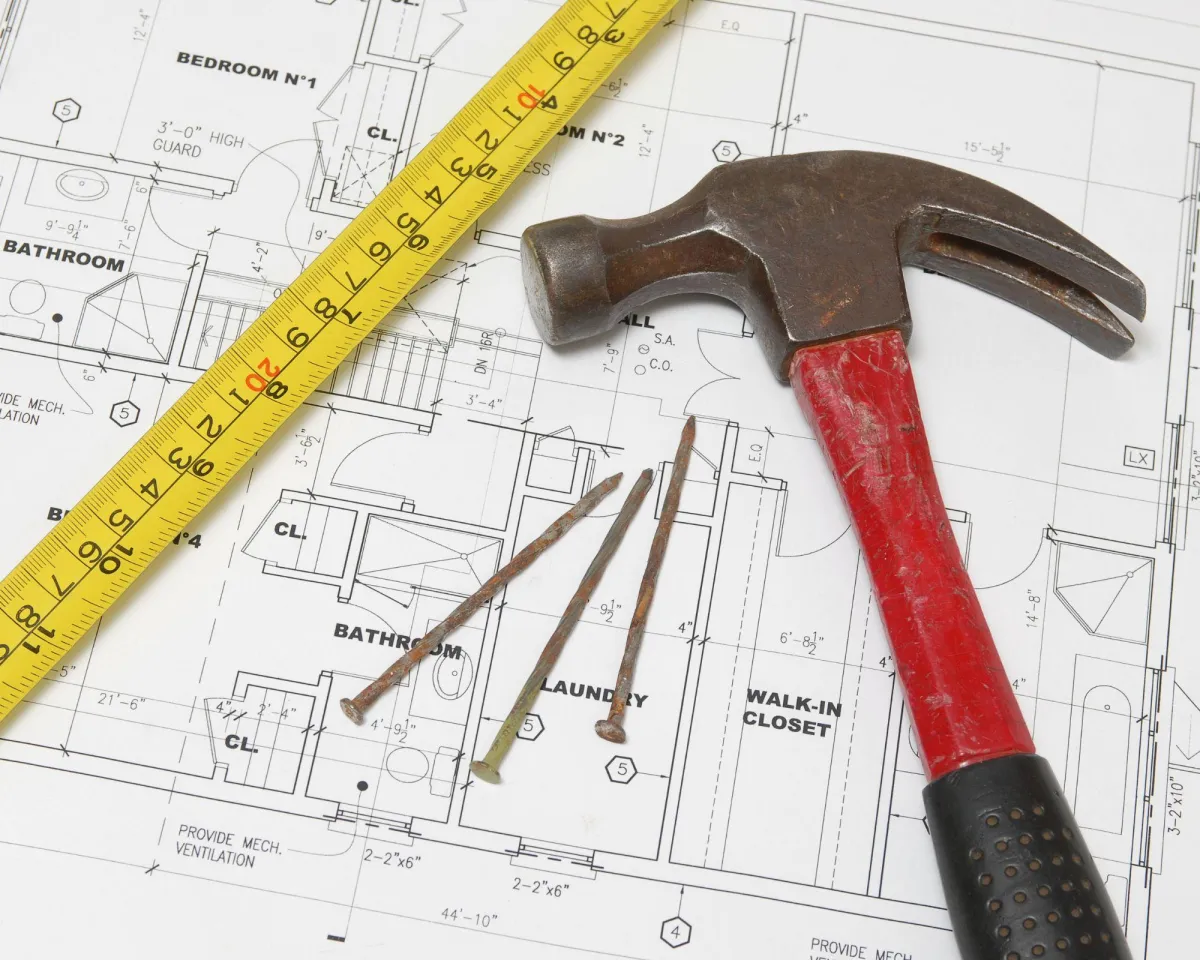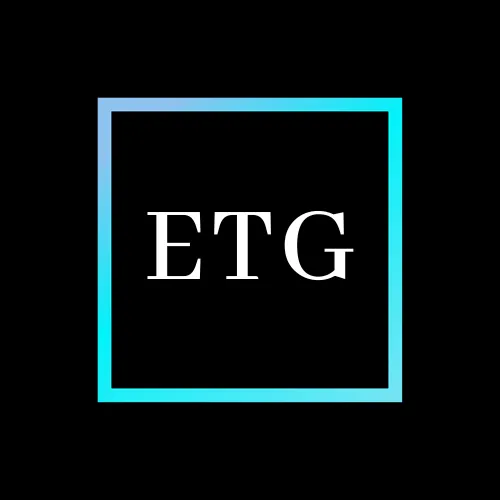RENOVATION LOAN
Upgrade Your Space with Confidence
Whether you're remodeling a kitchen, adding a new room, or restoring a fixer-upper, our renovation loans provide the flexible financing you need to bring your vision to life, on time and on budget.

GET FINANCING FOR WHATEVER YOU NEED NOW
Perfect Loans for the house that is almost perfect.
Mortgage + Improvement = ONE Loan
Either Purchase or Refinancing.
FHA 203(k) Loan
VA Renovation Loan
Personal Renovation Loan (Unsecured)
A renovation loan is a type of loan designed to help individuals or businesses finance the costs associated with renovating or improving a property. These loans are specifically tailored for home improvement projects, and they provide funding to cover expenses such as repairs, upgrades, and additions to the property.
Renovation Solutions At It's Best
Applying for a Renovation loan, it's important to carefully consider the purpose of the loan, the amount needed, and the ability to repay. Comparing offers from different lenders, understanding the terms and fees, and reviewing the interest rate are crucial steps in finding the best Renovation loan for your needs.
Renovation Loan
Renovation Financing
There are several types of renovation loans, and the specific terms and conditions can vary depending on the lender and the borrower's qualifications. Here are some common types of renovation loans:
Home Equity Loans or Home Equity Lines of Credit (HELOC):
These loans allow homeowners to borrow against the equity in their homes. The equity is the difference between the home's current market value and the remaining balance on the mortgage. Homeowners can use the funds for renovations.


The Best Financial Services
Before applying for a renovation loan, it's essential to carefully consider the costs of the project, your budget, and your ability to repay the loan. Additionally, lenders may have specific eligibility criteria, such as credit score requirements and debt to income ratios.
FHA 203(k) Loan:
This government-backed loan is designed for individuals who want to purchase a home that needs repairs. The loan combines the cost of the home and the renovation expenses into one mortgage.
Construction Loans:
If you plan to undertake major renovations that involve significant construction work, a construction loan might be appropriate. These loans provide funds in stages as the construction progresses.
Personal Loans:
Some people choose to use unsecured personal loans to finance their renovation projects. These loans are not tied to the value of the property and may have higher interest rates.
Why Choose ETG Financial for Your Renovation Loan?
1. Tailored Financing for Every Project - Whether you're upgrading your home or flipping a property, we offer loan options that fit your timeline, budget, and renovation goals.
2. Fast & Simple Process - We streamline the application and funding process, so you can stop worrying about paperwork and start focusing on the build.
3. Flexible Loan Types - From FHA 203(k) and HomeStyle® to personal and hard money options, we provide the right financing structure for homeowners and investors alike.
4. Competitive Rates, Clear Terms - No surprises, just straightforward lending with great rates and full transparency from start to finish.
5. Renovation-Focused Experts - Our team understands construction, value-add strategies, and timelines. We partner with you to make smart, cost-effective funding decisions.
6. Support from Start to Finish - You’ll have a dedicated loan expert by your side, from application to final draw, ensuring your renovation goes smoothly and on budget.
Renovation Loan Options
FHA 203(k) Loan
Fannie Mae HomeStyle® Renovation Loan
VA Renovation Loan
Personal Renovation Loan (Unsecured)
Home Equity Loan (HEL)
Home Equity Line of Credit (HELOC)
Hard Money Renovation Loan
100% Guarantee Best Service

Frequently Asked Questions (FAQs)
What is merchant processing?
Merchant processing refers to the handling of electronic payment transactions for businesses, typically credit and debit card payments. A payment processor enables these transactions and deposits the funds into the merchant's account.
What do I need to start accepting card payments?
You need a merchant account, a payment gateway (if you're online), and a payment processor. Some platforms bundle these together.
What's the difference between a merchant account and a payment gateway?
A merchant account holds your card transaction funds before they're deposited into your bank account. A payment gateway securely transmits card information from your site to the processor.
What are typical fees for merchant processing?
Common fees include:
Transaction fees (1.5%–3.5%)
Monthly fees
Chargeback fees
PCI compliance fees
What’s the difference between flat-rate and interchange-plus pricing?
Flat-rate is a single percentage per transaction (e.g., 2.9%). Interchange-plus is the actual card network fee (interchange) plus a small markup, which can be more transparent and cost-effective for larger businesses.
How long does it take to receive my funds?
Typically 1–3 business days after the transaction, though high-risk merchants may face longer holds.

Innovation
Fresh, creative solutions.

Integrity
Honesty and transparency.

Excellence
Top-notch services.

COMPANY
CUSTOMER CARE
FINANCIAL SERVICES
ADDITIONAL SERVICES
LEGAL
Copyright 2015 ETG Financial. All Rights Reserved.
